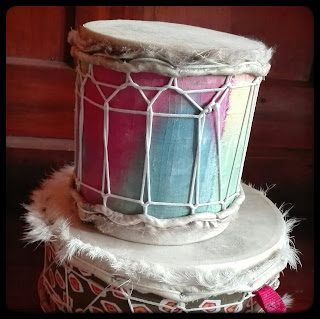Older children are old enough to understand that they need
to practice to get better. They’ve
practiced tying their own shoelaces, practiced skateboarding or gymnastics,
practiced reading and writing, so they know that’s the way to improve.
This stage can be tricky.
Children often feel the pull of other commitments. The music is getting harder, so the immediate
payoff isn’t always there.
Having dedicated days of the week helps. I get students to designate 3/4/however many
days I think I can get away with, and we write down exactly what they should so
on those days.
Make sure they bring a notebook to their lesson and either
you or they write down what they need to practice for the week.
For example,
Monday – G major scale (4 times, tongued and slurred)/p. 25
of the tutor book (get the slurs right, clap the rhythms of O Susanna)/find the
words to O Susanna/choose a surprise song to play to me.
Tuesday – G major arpeggio (4 times, tongued and slurred)/sing
O Susanna/p. 26 of the tutor book (think carefully about the quavers)/practice
the surprise song
Etc.
If it’s written down, then parents also know what to expect.
I like giving students some choice and autonomy in their
practice. They have the free choice over
the surprise price – it can be anything, from something in their book, their orchestra
piece, their favourite pop song – whatever.
Then there’s that old chestnut – “But I was too busy”!
If you’re lucky, mum and dad will be on your side, and tell the
kid, “tough”. But, there are those students
who do flute and ice hockey and gym and maths tutoring and horse riding and
French.
Sometimes you have to remind people that if they want to be
good at something, they have to devote time to it. And one ½ hour piano lesson a week is not
enough time to get beyond the beginner stages.
Something has to go, otherwise it’s a waste of everyone’s time (and
money).
Jeez, I’m mean.

No comments:
Post a Comment